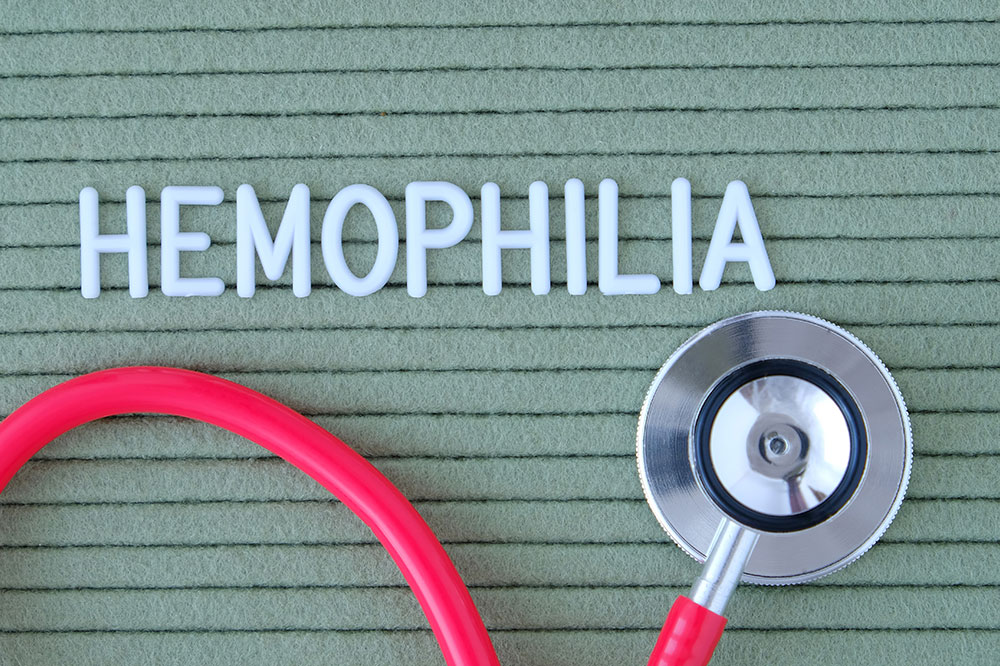Hemophilia – Early signs and ways to manage the condition

Hemophilia is a condition wherein the blood does not clot as there are insufficient clotting proteins present. This is a rare disorder. While small cuts and wounds may not be an issue, serious injuries can be even more life threatening due to lack of blood clotting factors that prevent a person from bleeding out completely. Hemophilia is usually a genetic disorder. Let us look at some symptoms and treatment options.
Symptoms
Signs and symptoms of hemophilia vary from person to person. Depending on the level of clotting factors in an individual, they can experience mild to severe symptoms. Some may bleed excessively and profusely even after small cuts or injuries, including dental work and surgery. Others can be prone to many large or deep bruises frequently. Bleeding after vaccinations is also common in some people. In other cases, one may notice blood in the urine or stool along with having erratic nosebleeds. Some people may also feel pain, swelling, and some stiffness in the joints.
An uncommon symptom of hemophilia involves bleeding in the brain, which can cause severe complications to one’s health. For those with severe hemophilia, a bump on the head can be responsible for bleeding into the brain. A person suffering from this may experience prolonged, painful headaches; double vision; sleepiness; exhaustion; and lethargy. One may also vomit profusely and repeatedly. They may have sudden seizures or convulsions or they may feel clumsy.
This is a serious symptom and needs to be addressed immediately. Apart from this, if a person’s joints are swollen and hurt upon touching or bending, they should visit a health professional who will conduct an appropriate diagnosis.
Treatment options
Treatment for hemophilia can be divided into two primary procedures — episodic and prophylactic care. Episodic care is used to stop an individual’s bleeding episodes. Whereas, prophylactic care is more of a preventive measure. It involves the prevention of bleeding episodes in the future.
The most effective way to treat hemophilia is to replace the missing clotting factors from the blood. This is usually done by injecting clotting factor concentrates into an individual’s veins.
Patients with hemophilia can use these clotting factors at home, instead of visiting a health center every time. There are two types of concentrates available: Plasma-derived Factor Concentrates and Recombinant Factor Concentrates. It is possible that when an individual uses these concentrates for a long period of time, their body may develop inhibitors, which prevent these treatments from working.
Health professionals may suggest other treatment options such as:
HEMLIBRA®
It is used to reduce the frequency of bleeding episodes.
DDAVP® and Stimate®
These treatment options are used specifically in those who have a mild or moderate case of hemophilia. Both products are similar to a hormone already present in the body that helps stop bleeding.
Amicar®
This can be used either orally or intravenously. It prevents the blood clot from breaking down, thus making it firm.
One should always get an appropriate diagnosis and prescription from the doctor to understand which concentration to use to treat hemophilia. Treatment options and dosages will vary depending on the severity of the condition.

